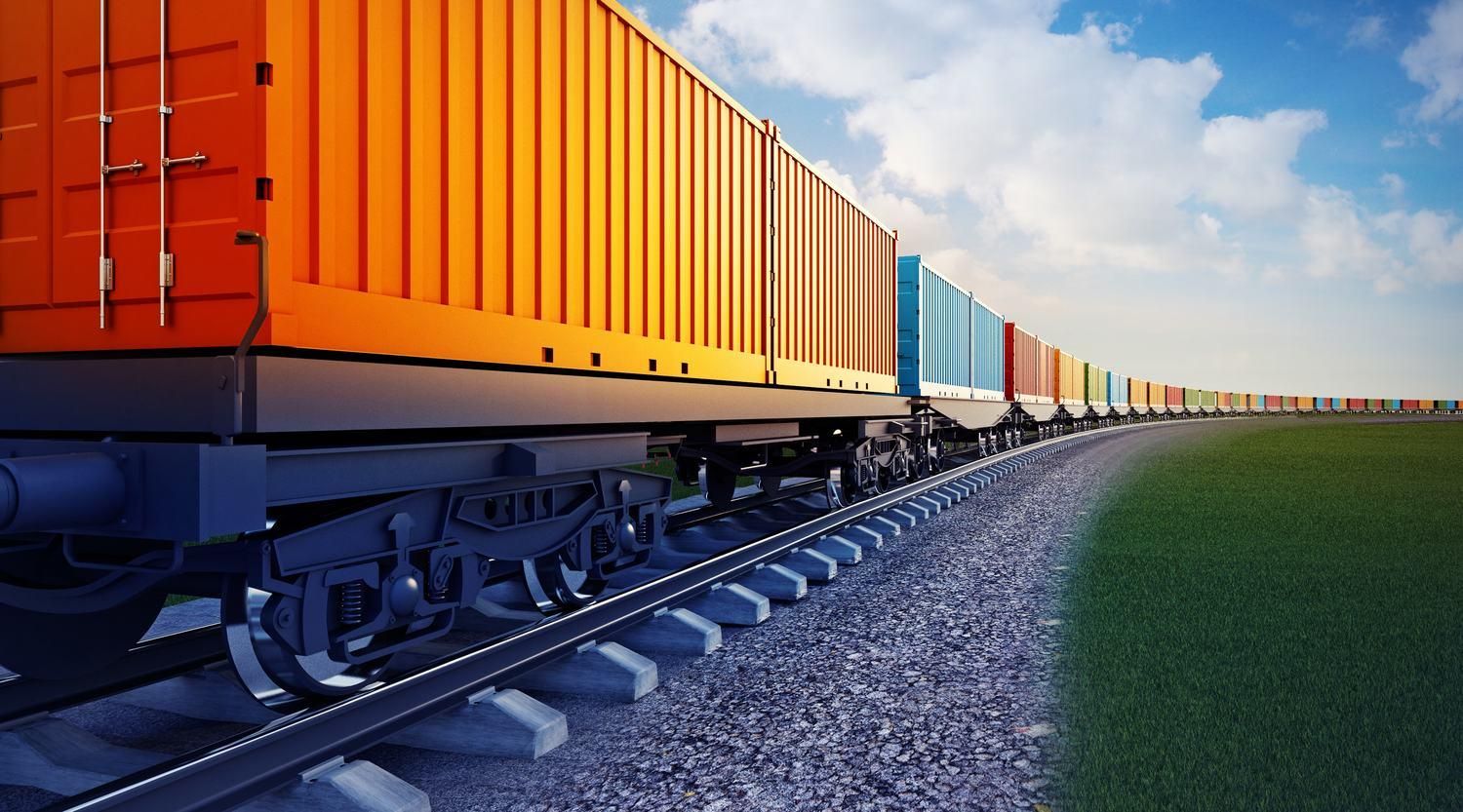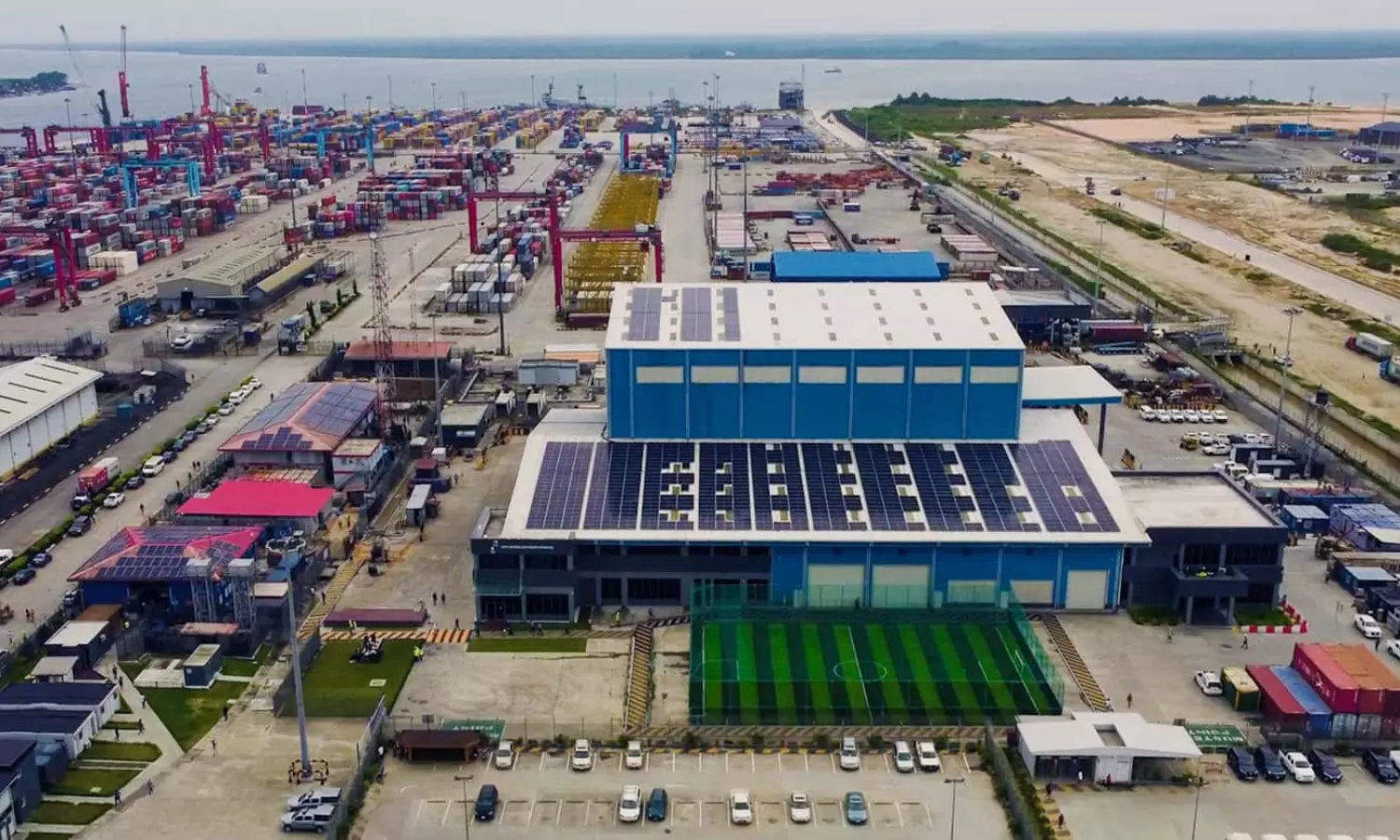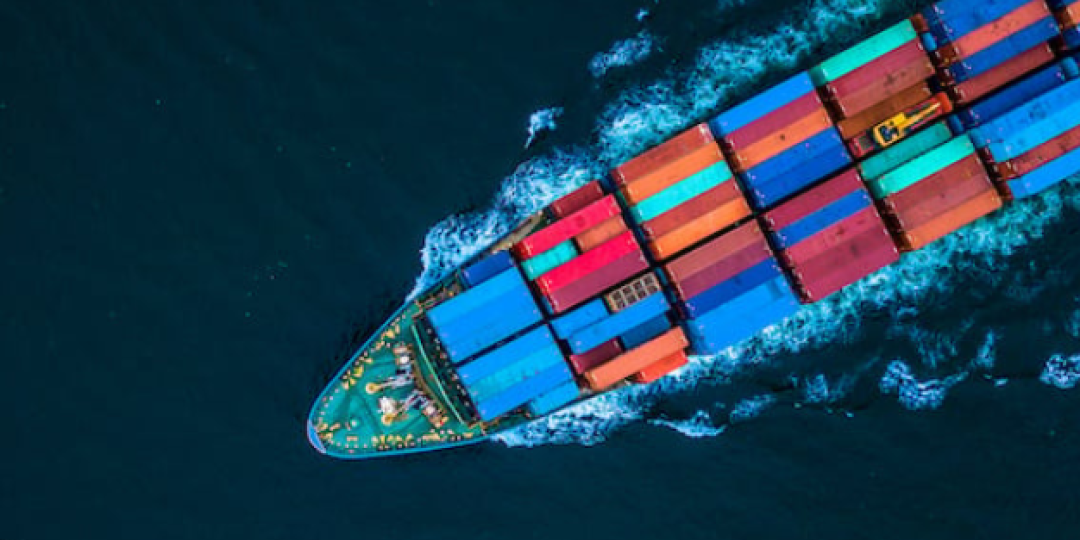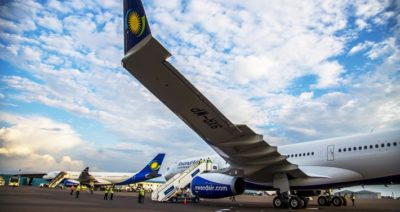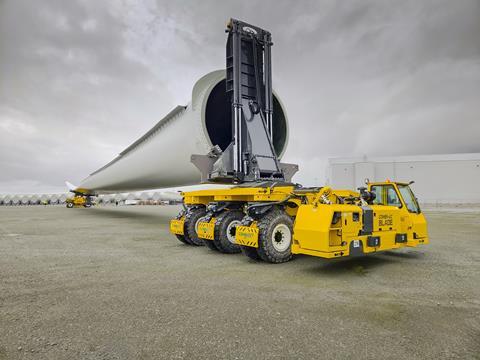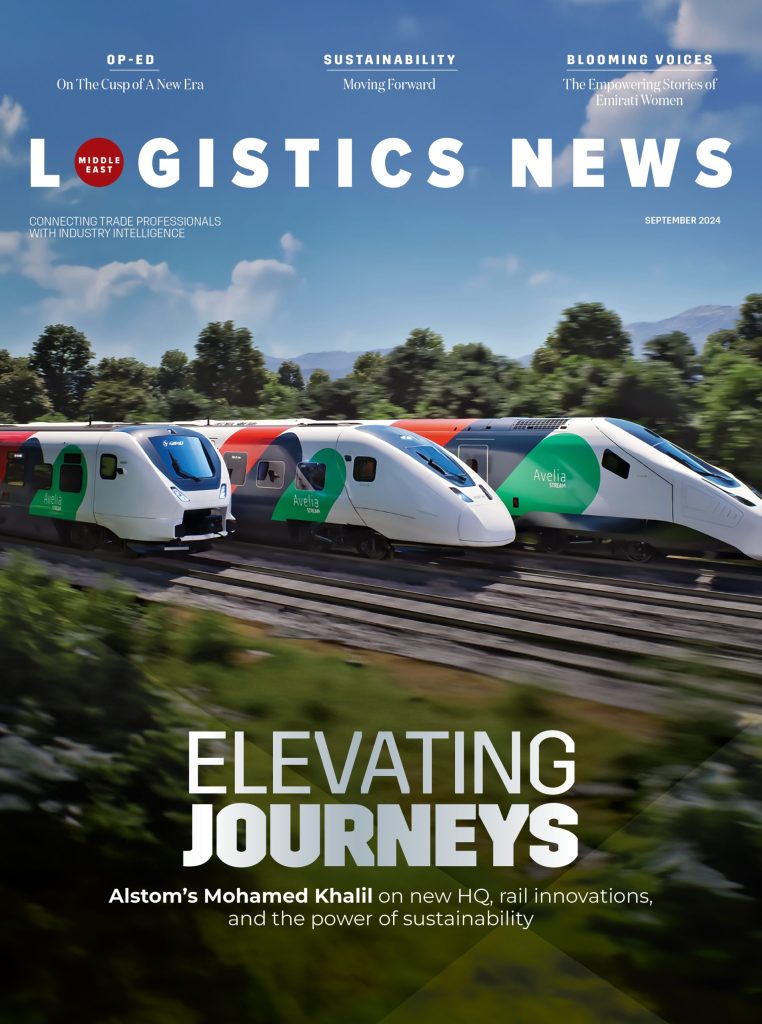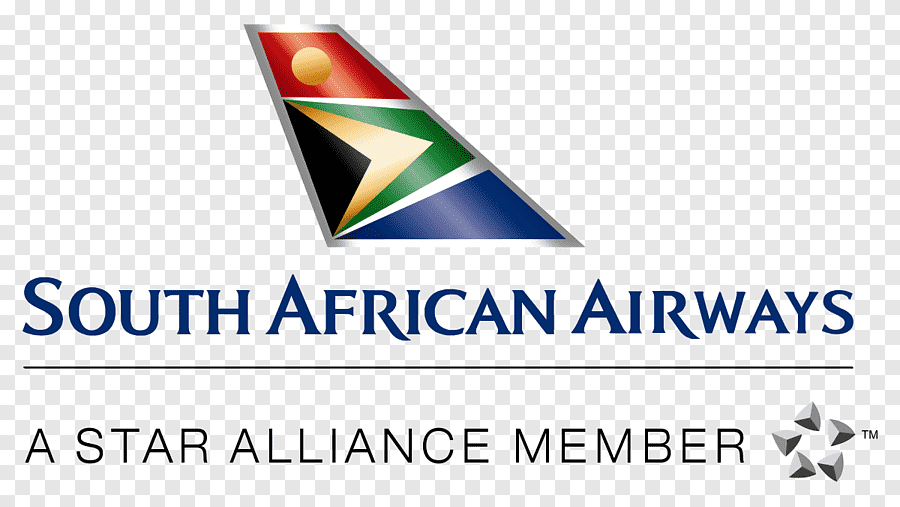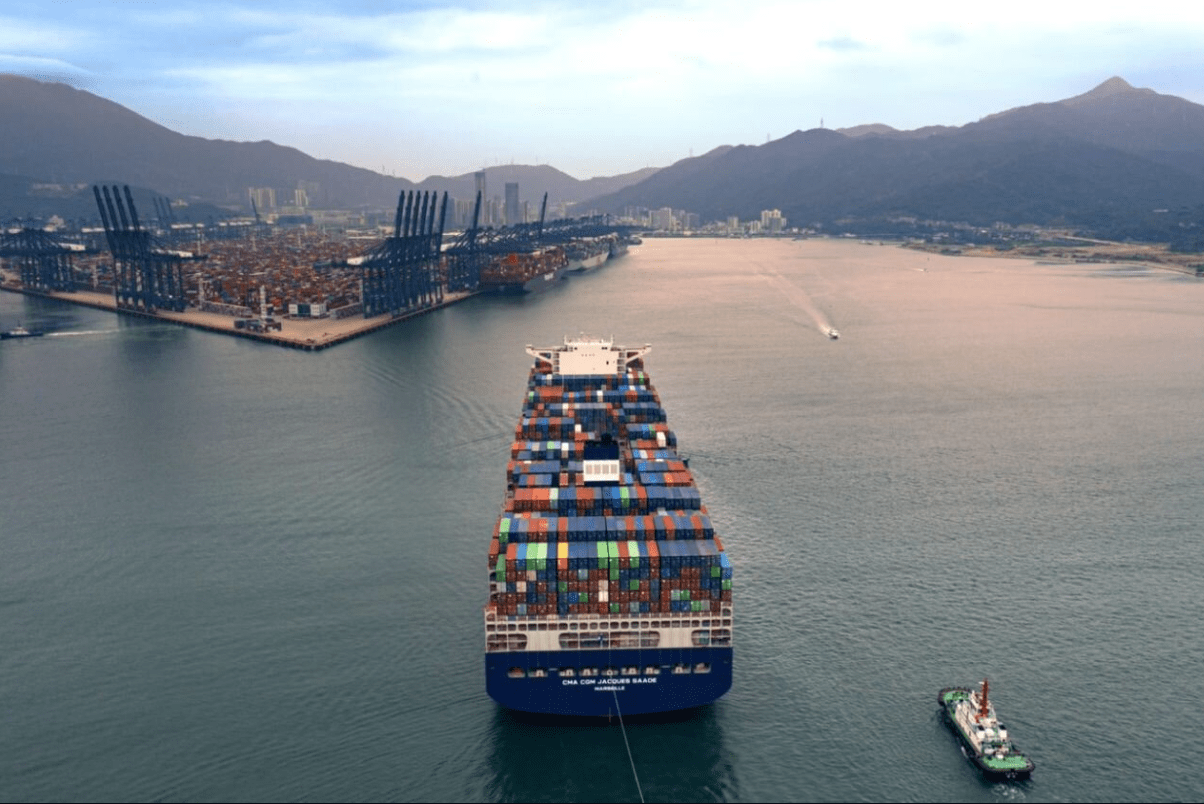Logistic

South Africa opens rail network to private operators

South Africa has approved operating licenses for 11 private companies to run trains on its national rail network in a move expected to unlock up to 20 million tonnes of additional freight annually and reshape mineral logistics.
The 10-year licenses, granted by state-owned logistics firm Transnet in August, mark a major shift in South Africa’s rail policy, allowing private operators to invest in infrastructure and expand capacity across 41 key routes.
The move aligns with the government’s target to increase total rail haulage to 250 million tonnes per year by 2029, with a strong focus on bulk commodities such as coal, manganese and chrome.
Transnet has also entered into strategic partnerships with mining firms to enhance rail efficiency.
In August, it signed an agreement with Exxaro Resources to upgrade infrastructure linking the company’s Leeuwpan coal mine in Mpumalanga to domestic and export markets.
The deal supports Exxaro’s 2025 sales target of up to 42.4 million tonnes, including 7.2 million tonnes earmarked for export.
In July, United Manganese of Kalahari (UMK) secured a 10-year deal with Transnet to transport manganese from its Northern Cape operations to ports, reinforcing South Africa’s push to maximise exports under its forthcoming Critical Minerals Strategy.
To support these reforms, the South Africa government approved R94.8 billion (about $5.4 billion) in additional funding for Transnet in July, following a R51 billion package in May.
International lenders have also stepped in, with the BRICS-owned New Development Bank providing a $278 million loan and the African Development Bank approving $1 billion to upgrade logistics infrastructure.
These developments will be spotlighted at the upcoming Africa Mining Week in Cape Town from 1-3 October where a dedicated panel titled “From Mines to Markets” will explore the readiness of Africa’s logistics sector to support rising mineral flows and regional integration.





